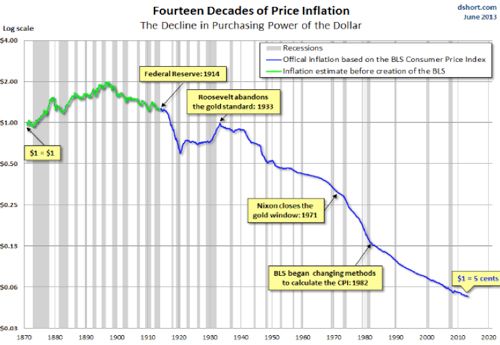
 Spending a weekend with girlfriends I have known since high school is a can’t-miss opportunity that rolls around once a year. Not only do I eagerly anticipate this get-together, this year it gave me a chance to not only laugh and commiserate with my girlfriends, but to also share some important knowledge on a topic that women don’t talk about enough … money. Women should have more open, meaningful conversations that focus not just on financial assets, budgets and credit scores, but also include stories about value and worth that are created by our individual experiences, communities, family, friends, career and legacies.
Spending a weekend with girlfriends I have known since high school is a can’t-miss opportunity that rolls around once a year. Not only do I eagerly anticipate this get-together, this year it gave me a chance to not only laugh and commiserate with my girlfriends, but to also share some important knowledge on a topic that women don’t talk about enough … money. Women should have more open, meaningful conversations that focus not just on financial assets, budgets and credit scores, but also include stories about value and worth that are created by our individual experiences, communities, family, friends, career and legacies.
The financial risks that women run are distinct from men because of real cultural, psychological and biological differences. Women live longer, earn less and do not have complete control over either of these factors. Combine that with a general aversion to investment risk, and females (my friends included) can find themselves questioning how they are going to achieve financial confidence in retirement.
Here are 3 conversation starters you might use next time you're with your girlfriends:
- How can we pursue human capital potential during all life stages?
- How can we maximize our workplace salary and benefits?
- Would we continue to work past retirement age if we are still healthy and able?
Every weekend isn’t a girlfriends get-away, so these topics aren’t for the back-burner. Don’t you want those in your circle of friends to realize full potential in the workplace, negotiate a competitive salary and benefits package, and choose a unique and custom pathway to retirement? If so, maybe its time to get a meaningful girls weekend on the books and get ready for it by talking with your financial advisor about all these approaches and how they can work for you.
Laurie Renchik, CFP®, MBA is a Senior Financial Planner at Center for Financial Planning, Inc. In addition to working with women who are in the midst of a transition (career change, receiving an inheritance, losing a life partner, divorce or remarriage), Laurie works with clients who are planning for retirement. Laurie was named to the 2013 Five Star Wealth Managers list in Detroit Hour magazine, is a member of the Leadership Oakland Alumni Association and in addition to her frequent contributions to Money Centered, she manages and is a frequent contributor to Center Connections at The Center.
Five Star Award is based on advisor being credentialed as an investment advisory representative (IAR), a FINRA registered representative, a CPA or a licensed attorney, including education and professional designations, actively employed in the industry for five years, favorable regulatory and complaint history review, fulfillment of firm review based on internal firm standards, accepting new clients, one- and five-year client retention rates, non-institutional discretionary and/or non-discretionary client assets administered, number of client households served.
The information contained in this report does not purport to be a complete description of the securities, markets or developments referred to in this material. Any opinions are those of Center for Financial Planning, Inc., and not necessarily those of RJFS or Raymond James.



















